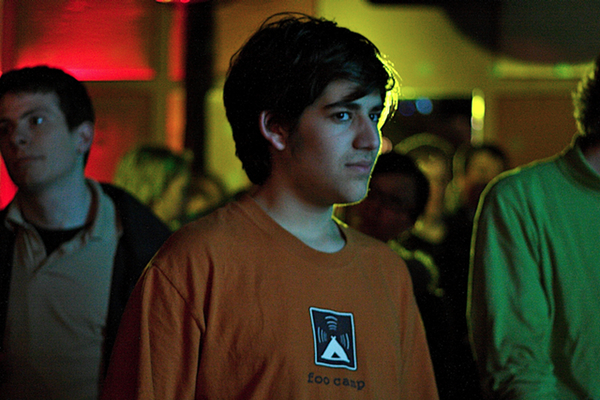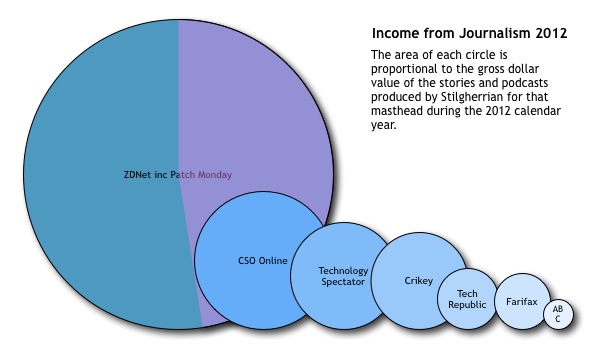 Discussions with editors about what I’ll be doing in 2013 continue. One discussion is about the title of a new column that the editor in question has described as me shouting at the sky. I need your help.
Discussions with editors about what I’ll be doing in 2013 continue. One discussion is about the title of a new column that the editor in question has described as me shouting at the sky. I need your help.
“Shouting at the sky,” you ask?
We mean the analysis and opinion pieces that result from me cutting loose about something that’s pissing me off, or that quote people who are in the same frame of mind.
Here’s half a dozen near-random examples, chosen from a variety of mastheads so I don’t reveal where this column will appear.
- Perimeter security: IT’s Maginot Line, ZDNet Australia, 22 June 2012.
- Time to drop the ‘e’, Technology Spectator, 13 December 2011.
- Social media laws? It’s time to take a chill pill, Crikey, 27 September 2012.
- Influence without Klout, Technology Spectator, 28 November 2011.
- Yet another free pass for Aussie spooks, CSO, 16 September 2011.
- Infosec’s mega marketing misalignment mishap, CSO, 13 September 2011.
I should also mention that this is for a technology-related masthead, and the topics will include that key focus that I’ve identified in my work: changing power relationships.
Yesterday I asked for suggestions on Twitter. Here’s what you’ve come up with so far.


 “It really does seem that it’s now that time of the year on Twitter when I could admit to raping a nun no one would notice,”
“It really does seem that it’s now that time of the year on Twitter when I could admit to raping a nun no one would notice,” 
 Several billion years ago, I set a challenge. I posted
Several billion years ago, I set a challenge. I posted